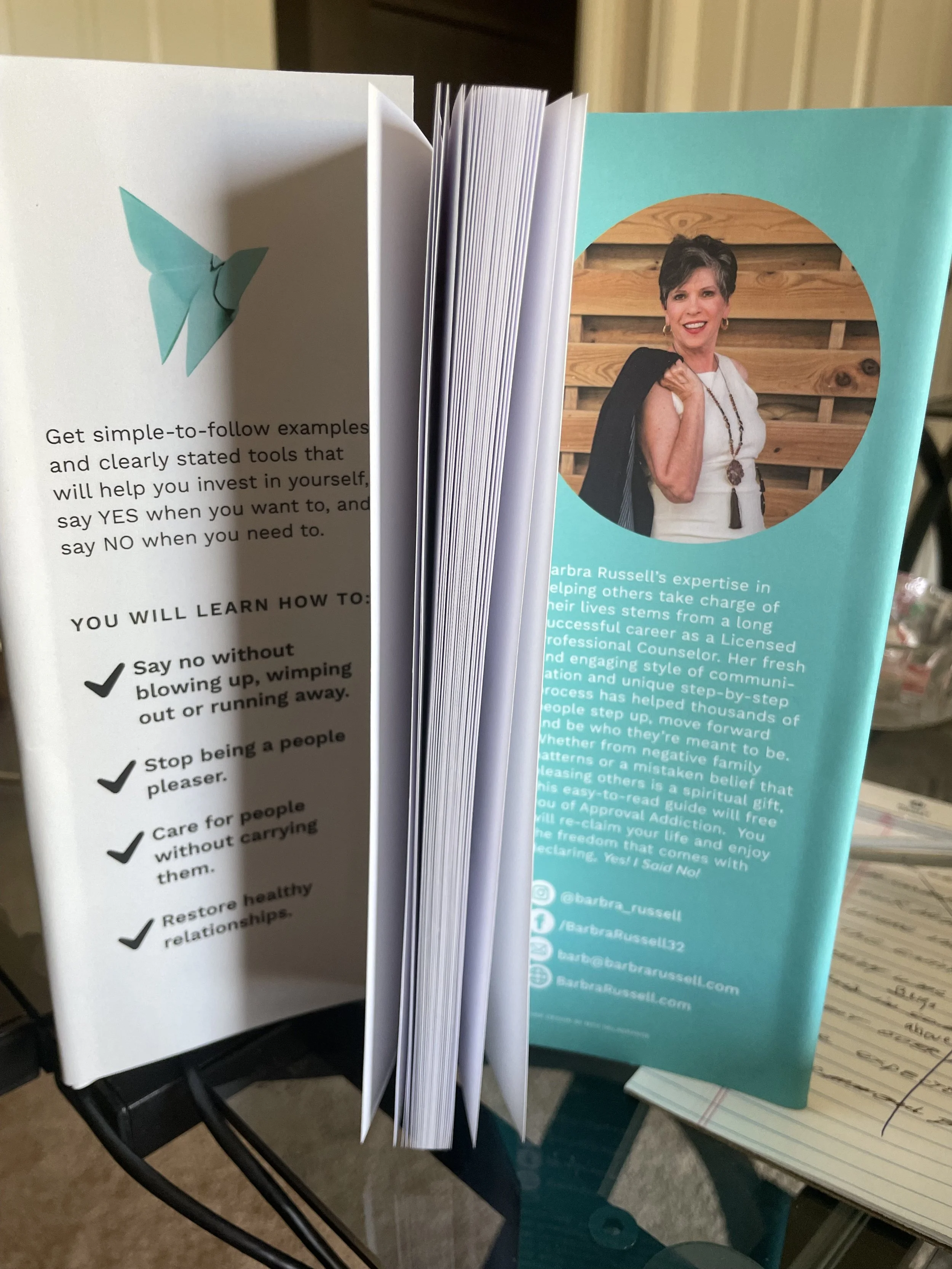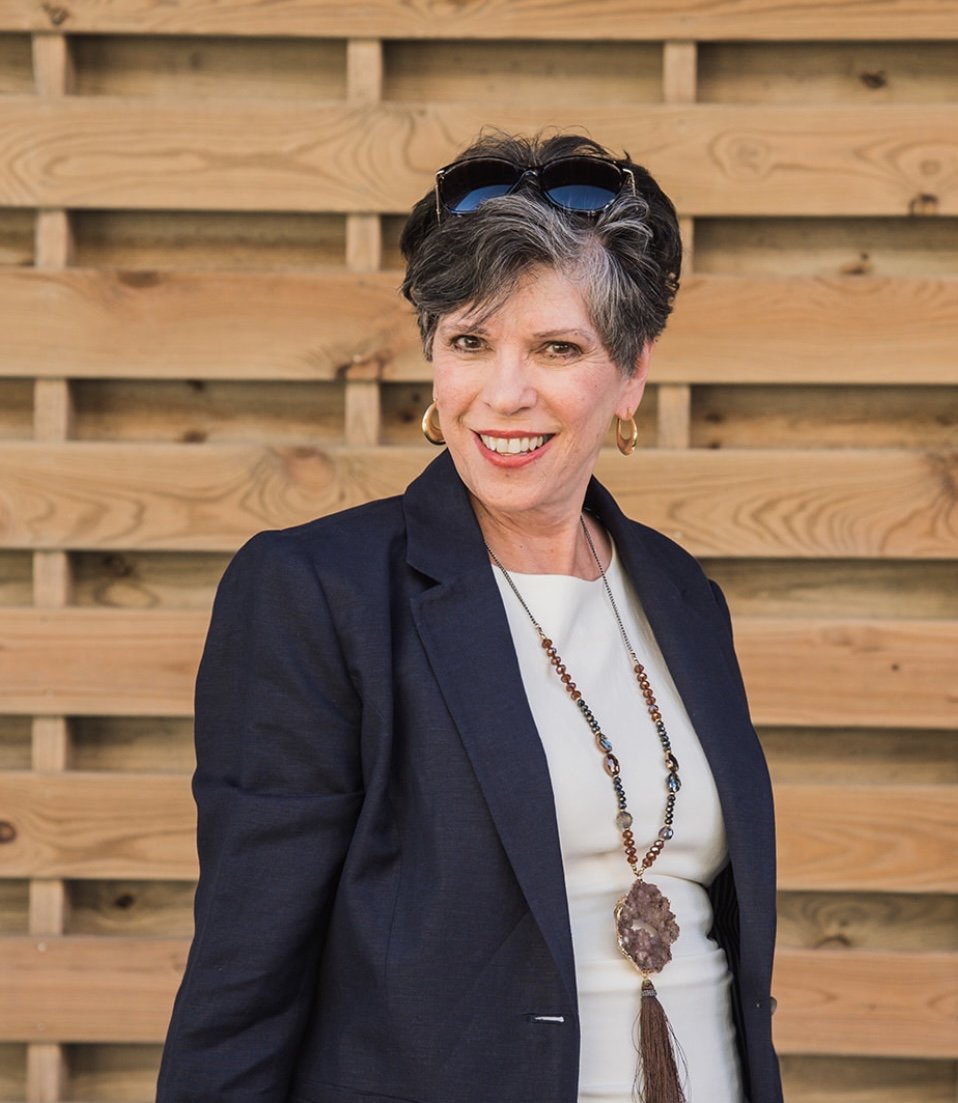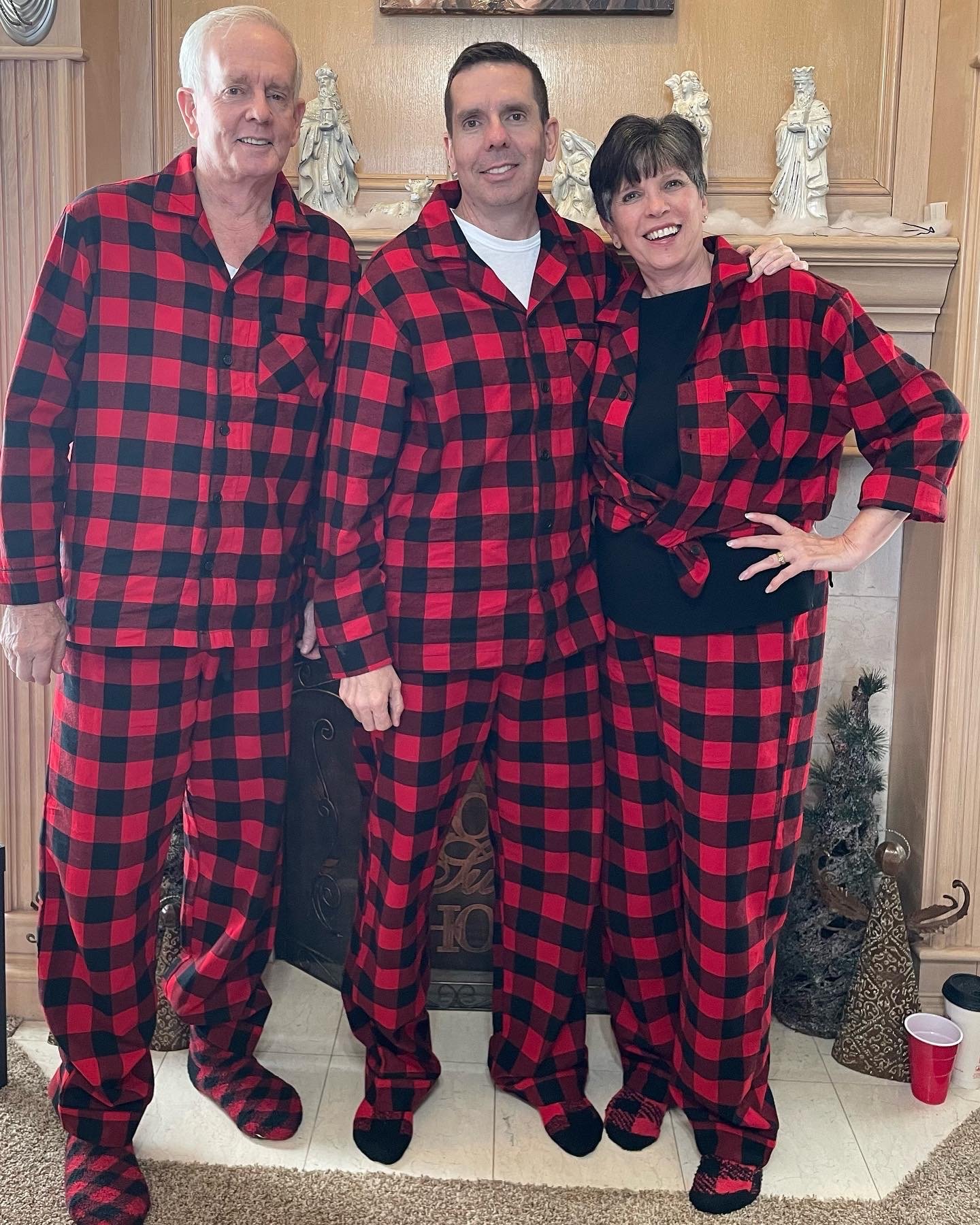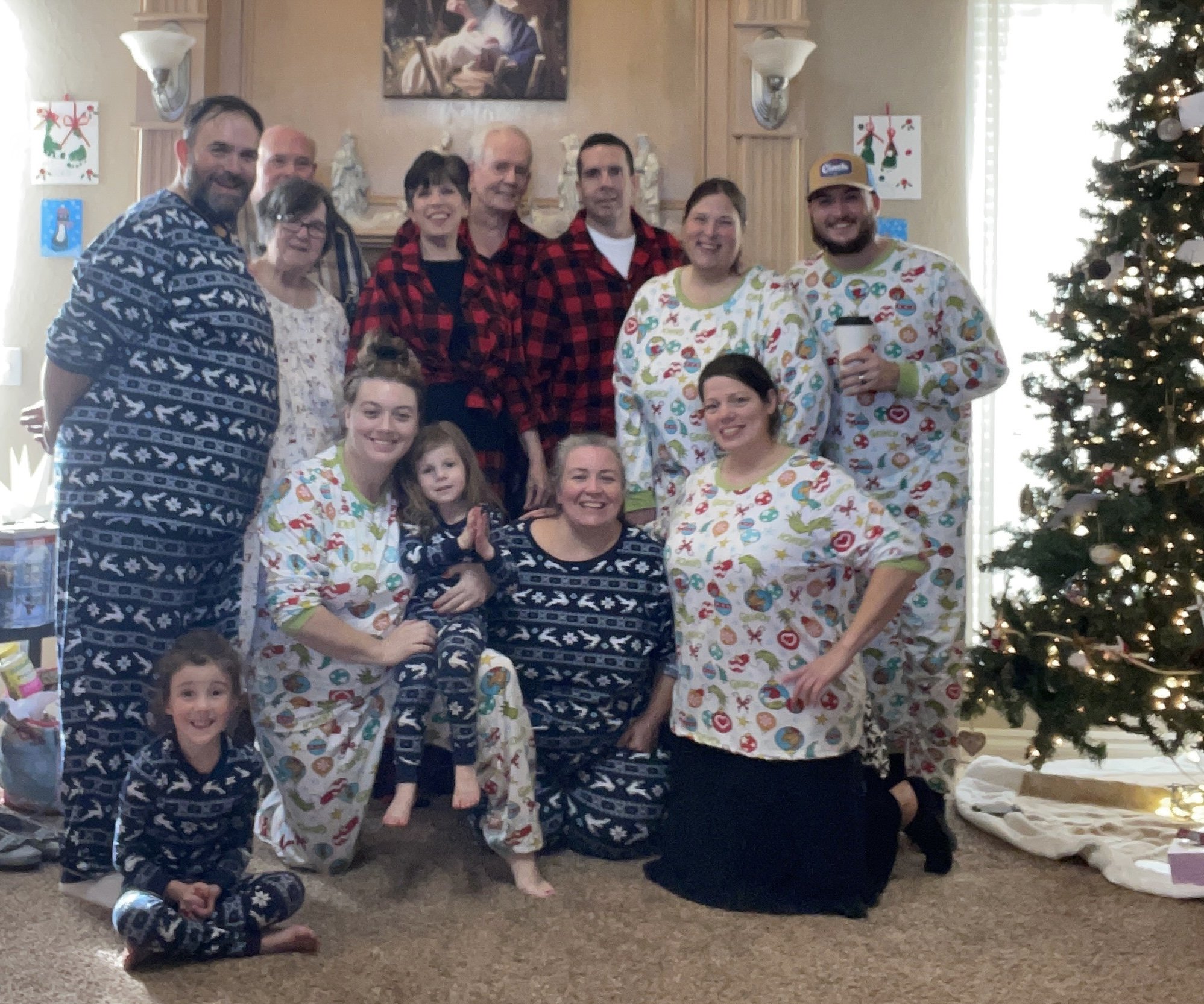🤫 You know what they say about secrets – they’re no fun. 🤫
Picture this: It's the dead of night, and the phone shatters the silence. My heart races. It's my 68-year-old mother, her voice trembling with urgency. She has a secret to reveal, convinced that her time is running out.
What unfolded in those early morning hours unlocked a door to my past, shedding light on my upbringing and my relationship with my father. The patterns woven into my life by that revelation ultimately led me to penning my first book, "Yes! I Said No!"
Curious to hear more? I recently had the pleasure of chatting with Ginger Monceaux on her podcast, "The Midlife Empress." In our candid conversation, we delved into the profound impact of secrets and trauma on our present lives, the lifesaving role of counseling and coaching, the myth of people-pleasing as a spiritual gift, and the fascinating insights from understanding brain chemistry in fostering healthy relationships.
🎧 Tune in to the episode using the link below. After listening, drop a comment or leave a review. And don't forget to share the wisdom with your circle. Let's start a ripple of empowerment and growth together! 🌊
[Link to the podcast episode: https://podcasts.apple.com/us/podcast/secrets-are-no-fun-a-deep-dive-with-barbra-russell/id1705941089?i=1000654807687]
I'm all ears for your thoughts and reflections. Let's keep the conversation flowing! 💬 - Barbra

















































































